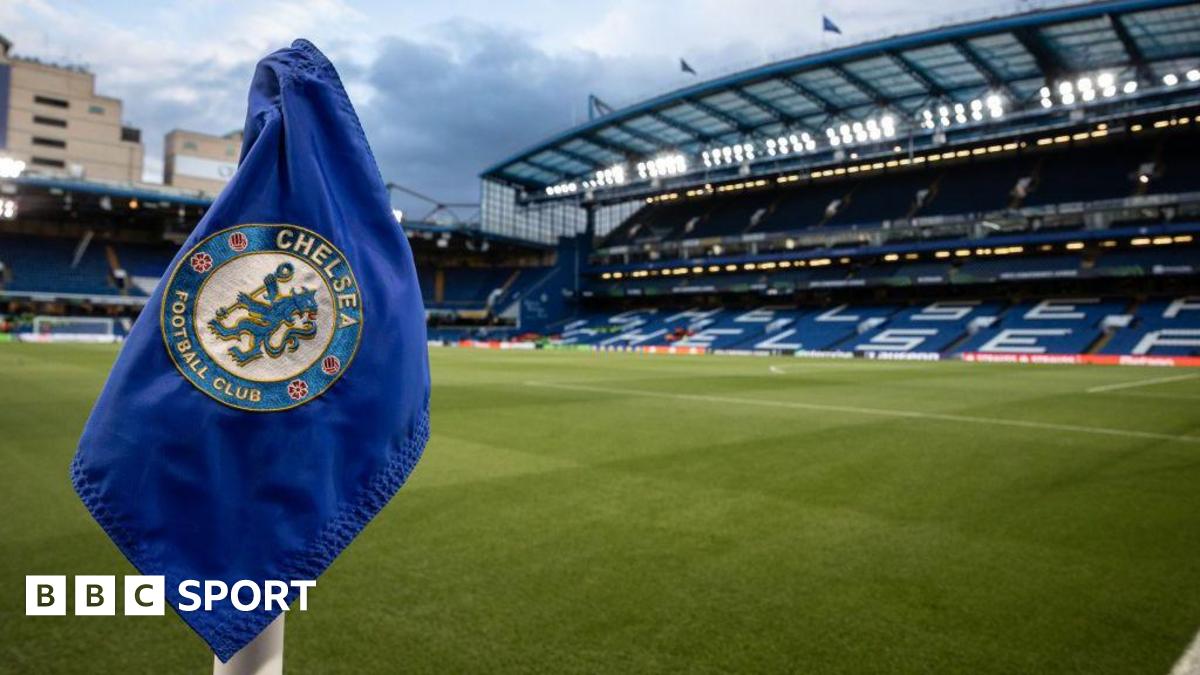Blues in Financial Crosshairs: Chelsea's High-Stakes Talks with Uefa Unveiled

Chelsea Football Club is proactively engaging in discussions with UEFA regarding their financial sustainability, following the recent release of their financial results. The Premier League side is taking a transparent approach to address potential concerns about their financial health and compliance with financial fair play regulations.
In a move that demonstrates the club's commitment to financial responsibility, Chelsea's leadership is working closely with UEFA to provide comprehensive insights into their current financial standing. This proactive dialogue aims to ensure the club maintains its strong financial footing and meets the necessary regulatory standards.
The ongoing talks reflect Chelsea's dedication to maintaining financial transparency and stability in an increasingly complex football economic landscape. By initiating these conversations, the club shows its willingness to address any potential financial challenges head-on and maintain its reputation as a financially responsible top-tier football organization.
